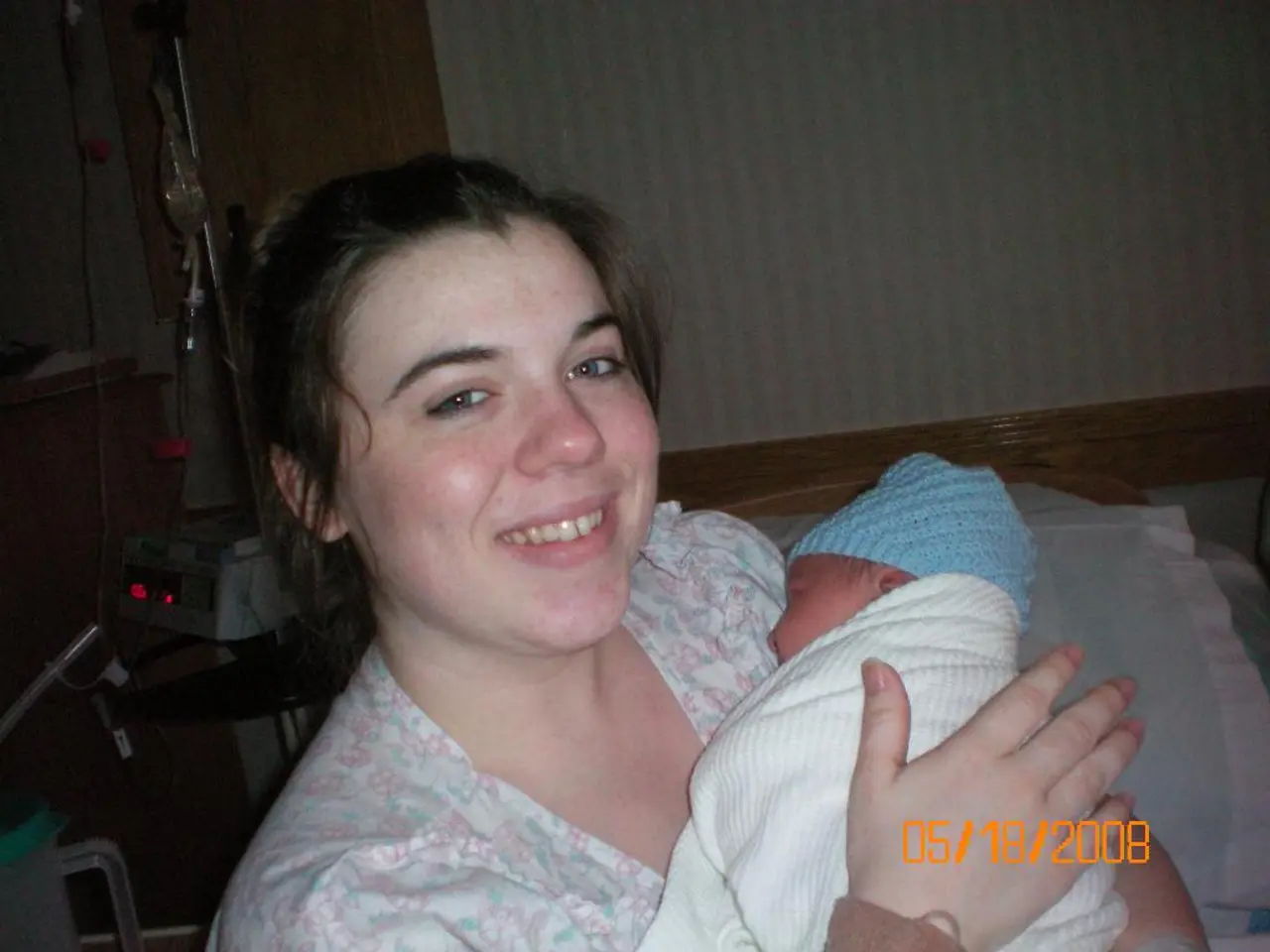Difference Between a Doula and a Midwife: An Examination
In the journey of pregnancy and childbirth, midwives and doulas play crucial roles as dedicated medical professionals and emotional support systems.
A midwife is a trained medical professional who frequently functions as an independent provider for all aspects of prenatal care, birth, and the early postpartum period. Midwives are equipped to detect complications and use emergency measures when needed. In the United States, there are two main types of midwives: Certified Nurse Midwives (CNMs) and Certified Direct-Entry Midwives. CNMs are licensed as Advanced Practice Registered Nurses (APRNs) and must become registered nurses first, followed by a master's degree in nurse-midwifery. Direct-entry midwives, on the other hand, do not need to be nurses and can provide all care during pregnancy, birth, and the first six weeks postpartum, although their scope of practice is narrower than that of CNMs.
While midwives focus on medical care, doulas provide emotional support and practical assistance. A doula will support a mother in her decision to use medications or have a "natural" or unmedicated birth. There are two types of doulas: birth and postpartum. A birth doula (or labor doula) provides nonmedical techniques during labor, such as breathing, massage, and helping with body positions. A postpartum doula helps new parents recover from the birthing process and care for the infant, and can play an important role in home life, especially if there are older siblings.
Experience is an important factor when choosing a midwife or a doula. Both midwives and doulas should be well-versed in their respective fields and have a track record of providing quality care and support.
In the U.S., Certified Nurse Midwives are certified through the American Midwifery Certification Board and are licensed in every state. Midwives in Germany are typically paid through the statutory health insurance system and work across all federal states, but are not paid by Medicaid, as it is a U.S. program.
It's possible to have both a midwife and a doula; many people choose a midwife as their healthcare provider and a doula for extra support during labor, birth, or postpartum. The most important consideration when choosing a midwife or a doula is finding someone you like, trust, and feel comfortable around.
In the event of an unplanned C-section, a doula can help comfort the mother and alleviate fears and anxieties. Midwives, with their focus on education and empowerment, spend more time with pregnant people during prenatal visits than doctors do and try to individualize their care based on their patients' needs and wishes.
Not all doulas go through a certification process, but formal training can be obtained through organizations like the International Childbirth Education Association, Doulas of North America, or Childbirth International. Experience, training, and personal comfort are key factors to consider when choosing a midwife or a doula to support you during this exciting and transformative time.
Read also:
- Inadequate supply of accessible housing overlooks London's disabled community
- Strange discovery in EU: Rabbits found with unusual appendages resembling tentacles on their heads
- Duration of a Travelling Blood Clot: Time Scale Explained
- Fainting versus Seizures: Overlaps, Distinctions, and Proper Responses






